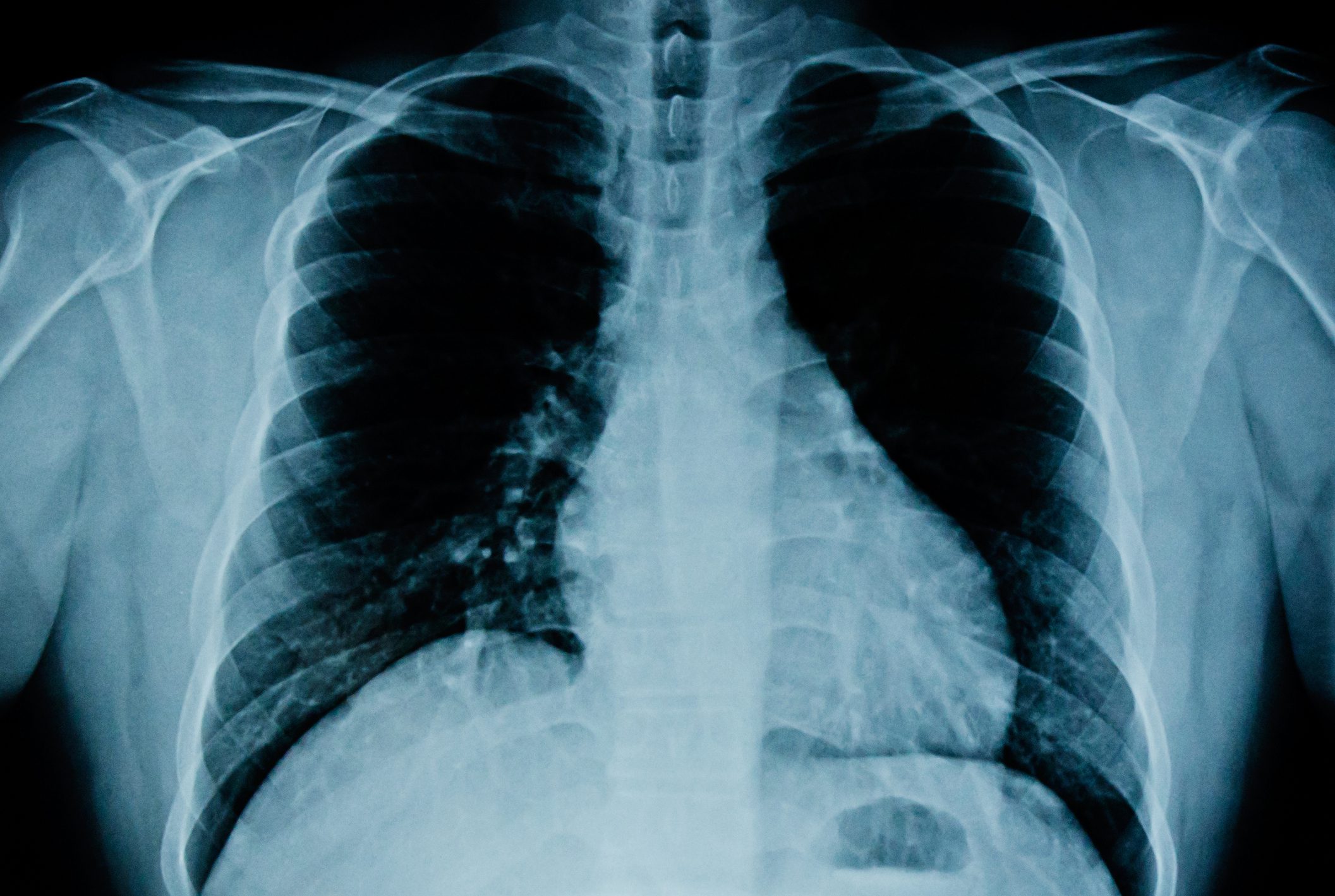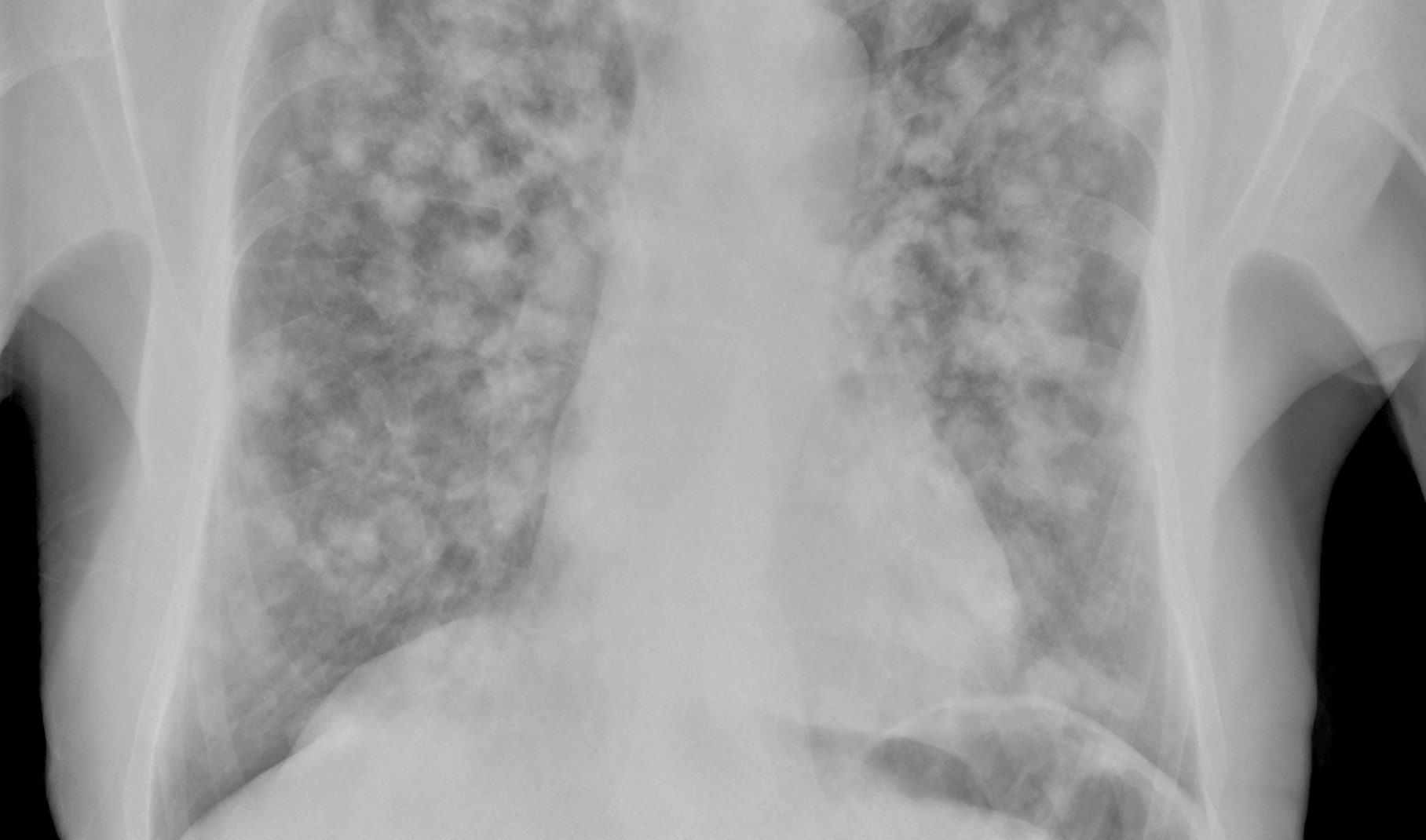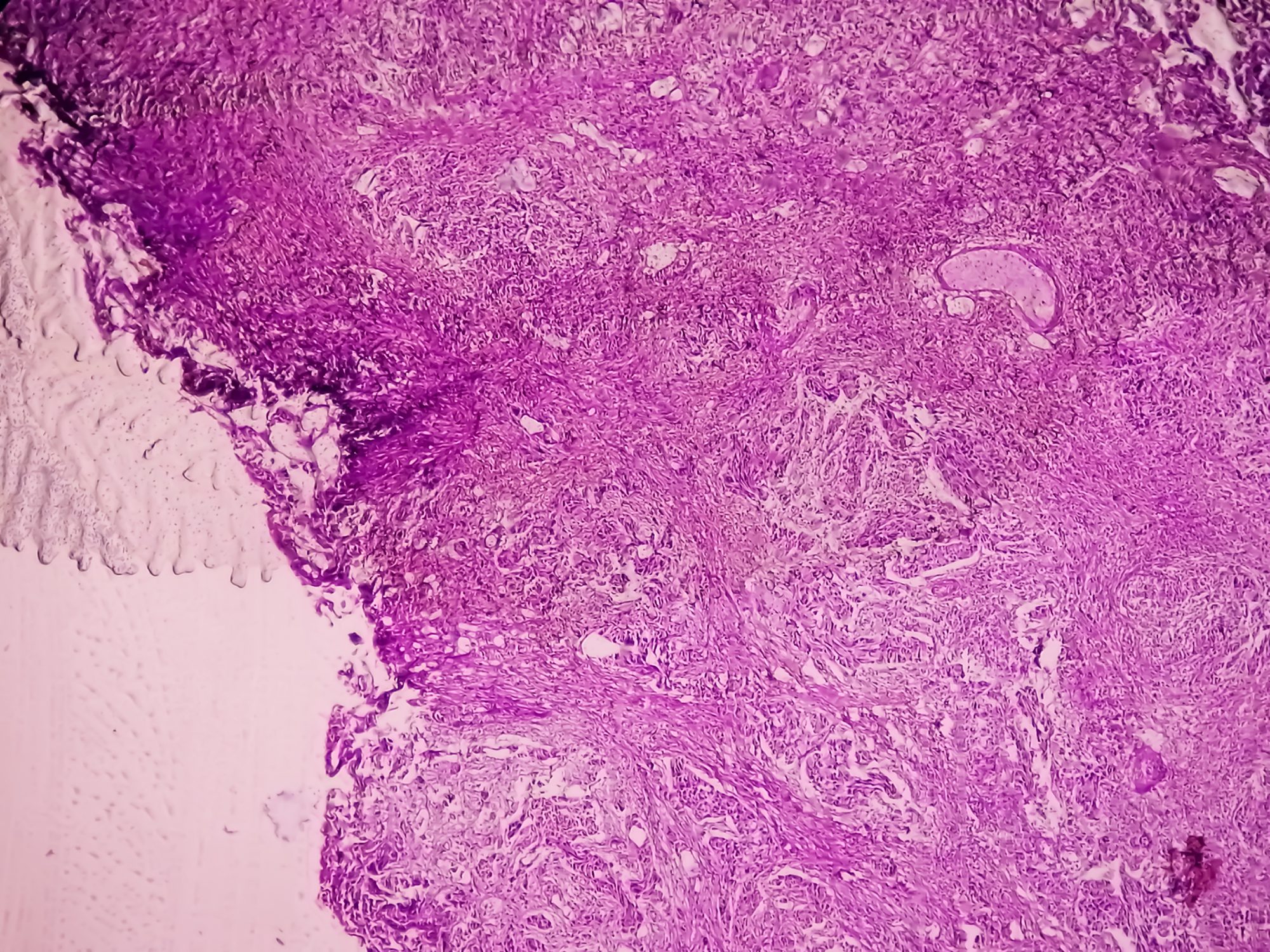A large retrospective cohort study based on data from the U.S. Department of Veterans Affairs addressed the question of whether treatment with the antiviral drug nirmatrelvir within five days of positive SARS-CoV-2 testing reduces the risk of post-acute sequelae of covid disease. Nirmatrelvir was shown to reduce the risk of both long-covid and hospitalization and post-acute death at 180 days.
Long-Covid refers to post-acute symptoms of SARS-CoV-2 infection and affects several million people worldwide. Long-Covid prevention is an important public health goal. The antiviral drug nirmatrelvir, which is known in combination with ritonavir under the trade name Paxlovid®, may reduce the risk of progression to severe acute covid-19 disease [1]. Therefore, nirmatrelvir is considered a promising agent for reducing the risk of long covid. Nirmatrelvir is among the 3CL protease inhibitors and ritonavir is a pharmacokinetic booster that inhibits metabolic degradation via CYP3A isozymes [2].
Study design
For the study by Xie et al. published in JAMA. the US Department of Veterans Affairs health databases were used to identify patients who had laboratory-confirmed SARS-CoV-2 infection between January 3 and December 31, 2022, were not hospitalized on the day of the positive test result, had at least one risk factor for progression to severe covid-19 disease, and had survived the first 30 days after SARS-CoV-2 diagnosis [3]. The U.S. Department of Veterans Affairs operates one of North America’s largest health insurance plans. In total, data of 281 793 persons were included. One group was formed with individuals treated with oral nirmatrelvir within 5 days of the positive test result (n=35 717) and one with those who did not receive covid-19 antiviral or antibody treatment during the acute phase of SARS-CoV-2 infection (control group, n=246 076).
Analyzed 13 pre-specified complications associated with Long-Covid. Among them were ischemic heart disease, pulmonary embolism, fatigue, neurocognitive impairment, and dyspnea. In addition, the number of post-acute hospitalizations and post-acute death was analyzed. The follow-up period was 180 days after SARS-CoV-2 infection.
Results
To estimate the effects of nirmatrelvir compared with the control group, the researchers used inverse weighted survival models. Results were expressed as relative risk (RR) or hazard ratio (HR) and absolute risk reduction at 180 days (ARR) (Table 1).
Risk of Long-Covid (LC): Compared with the control group, nirmatrelvir was associated with a reduced risk of LC (RR 0.74; 95% CI: 0.72-0.77). The event rate at 180 days in the nirmatrelvir and control groups was 12.99% (95% CI: 12.52-13.49) and 17.51% (95% CI: 17.08-17.94), respectively. This corresponded to an ARR of 4.51% (95% CI: 4.01-4.99) at 180 days.
Risk of post-acute death and post-acute hospitalization: nirmatrelvir was associated with a lower risk of post-acute death (HR 0.53; 95% CI: 0.46-0.61; ARR 0.65%; 95% CI: 0.54-0.77), post-acute hospitalization (HR 0.76; 95% CI: 0.73-0.80; ARR 1.72%; 95% CI: 1.42-2.01), and the composite outcome of post-acute death or hospitalization (HR 0.74; 95% CI: 0.70-0.77; ARR 2.15%; 95% CI: 1.85-2.46).
Risk for single post-acute sequelae: Compared with the control group, treatment with nirmatrelvir was associated with a reduced risk of post-acute consequences of SARS-CoV-2 nirmatrelvir, including cardiovascular disease, coagulation and hematologic disorders, fatigue, liver disease, acute kidney disease, muscle pain, neurologic impairment, and shortness of breath (Table 1). There was no statistically significant association between nirmatrelvir and other post-acute symptoms, including new-onset diabetes, liver disease, and cough.
Because nirmatrelvir is prescribed for individuals with at least one risk factor for progression to severe acute covid-19 disease, the association between nirmatrelvir and LC risk was examined in individuals with different risk constellations. Nirmatrelvir was found to be associated with a reduced risk of LC in individuals with up to 5 or more risk factors.
Conclusion
Analyses of the effect of nirmatrelvir as a function of vaccination status indicate that nirmatrelvir was associated with a reduced risk of LC in both vaccinated and unvaccinated individuals. In addition, nirmatrelvir was shown to be associated with reduced LC risk in individuals with primary SARS-CoV-2 infection, as well as in those with reinfection. Overall, the data suggest that better implementation of nirmatrelvir in the acute phase of SARS-CoV-2 infection could not only prevent severe disease progression but also reduce the risk for adverse health outcomes after the acute phase. Nirmatrelvir was not effective in the study by Xie et al. associated with a 26% reduced risk of Long-Covid and a 24% reduced risk of post-acute hospitalization. The risk of post-acute death was reduced by 47%. These results should be considered in light of the broader evidence clearly demonstrating the efficacy of nirmatrelvir in reducing the risk of hospitalization and mortality in the acute phase.
The study authors note that the clinical decision of whether to initiate treatment with nirmatrelvir should take into account the drug’s effects in reducing the mortality and disease burden in both the acute and post-acute phases of covid-19. Participants in the present study received nirmatrelvir over a five-day treatment period in the acute phase. Whether a longer treatment duration, a higher dosage, or both would have further reduced the risk of post-acute sequelae remains unresolved. Also an open question is whether starting treatment in the post-acute phase of covid-19 disease also reduces the risk of LC.
Literature:
- Drug Information, www.swissmedicinfo.ch,(last accessed 04/26/2023).
- Nirmaltrevir, www.pharmawiki.ch/wiki/index.php?wiki=Nirmatrelvir,(last accessed 04/26/2023).
- Xie Y, Choi T, Al-Aly Z: Association of Treatment With Nirmatrelvir and the Risk of Post-COVID-19 Condition. JAMA Intern Med 2023 Mar 23:e230743.
HAUSARZT PRAXIS 2023; 18(5): 44-45












